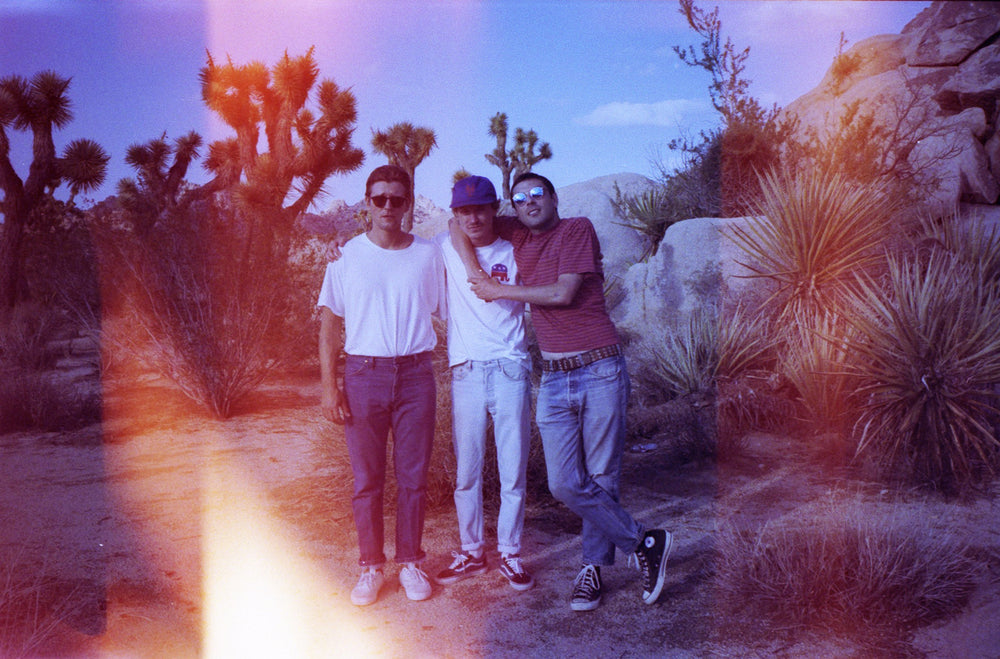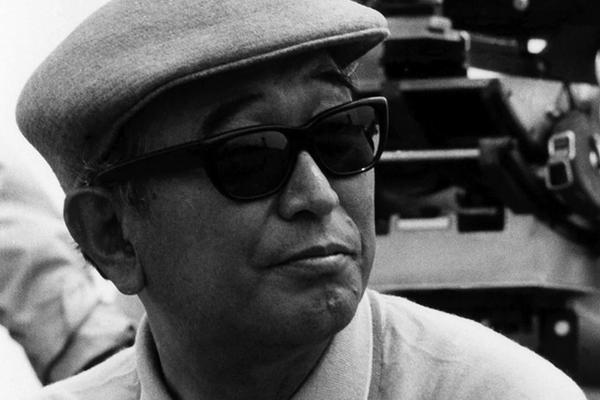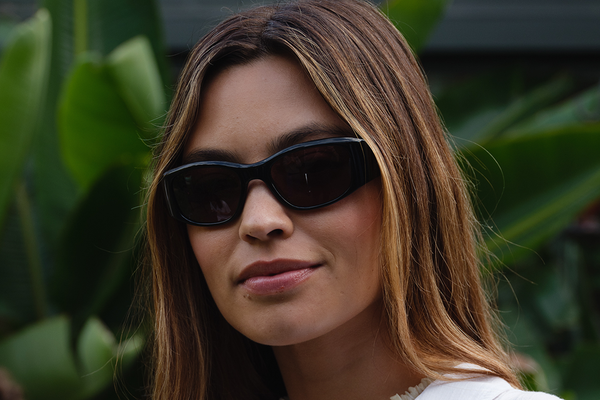I’m handed a pen and gestured with a hand towards the hotel guest book. Scratchy blues music floats in from another room as I read the names that came before. I read them the same way I read gravestones, each name as void and lifeless as a hollow egg. I refrain from entering my name. Krishnamurti once remarked that a path is made by walking on it and that something dead has a path to it because it is unmoving. My eyes follow the fitness weights strapped to the ankles of Ms. Hinton as she laboriously drags her feet down the long, worn, and sagging hallway; wheezing in repetition, "Yer walking...on...history... boy..." I contemplate what she means by "history" – history being the past which we pull into the present, impeding our experience, by confusing what was for what is?


I lay down on the bed and listen as she climbs back up the hallway into the blues music which barely keeps this Delta town from being swallowed by the river. I bring a camera to my eye and pan around the room, noticing the long window covered in tinfoil reflecting the sun’s rays away from this hiding place of memories. Patient flowers made of plastic carefully collect dust in the low light. I close my eyes and wonder how I got here before quickly realizing that ‘I’ am always here and never there. George Santayana wrote that mobility is the privilege of animals and their distinction over the immobility of plants. The sharecroppers of the Delta took the train to Chicago in a great migration while the cotton stayed. There is the pull of the unknown that leads us places and what was, or is, the torture of getting to, or wondering if, a new and potentially better place exists. I followed an already worn path here to find something new, but instead find only the ashes of a fire that once provided heat. Do we travel with the hope of returning with anything which will make ourselves seem richer in the eyes of others? Am I a wishful plant that runs on its roots in the night in hopes of bringing back the sun?



The bruised sky of blues and purples has not yet turned to black as I cross the street and enter Pete’s Bar. The low light and worn wood floor, the mismatched chairs and tables strewn about like dance partners frozen mid-song late in the night. I make my way to the bar past a few idle men who seem well suited to their stools, then order a beer. The bar top is covered with names and scrawls, and it isn’t long before the barman offers me a marker so that I might add to the entropy. I accept the marker, rolling it around in my fingers, while I reflect on the same issue posed only an hour before. What significance does a name hold and why do we feel the urge to scatter it around before we die? Do we need evidence that we exist? Is the smooth lightened edge of the bar worn by a myriad of drunk elbows not evidence enough? The scribbled names are an attempt to differentiate a part from the whole, but no two things are separate. Peter Munro wrote his name using large bubble letters for extra emphasis; I envision Peter’s gravestone carefully carved with the same stupid bubble letters and wonder if I could tell the difference between his buried bones and guy's next to him.


I am supposed to be traveling from New York City to Los Angeles taking photographs so that I can share my journey with you, but I can't even bear to turn my camera on. Any photograph I take and show you would be contributing to the despondency of our culture, a culture that lives vicariously through others and their forms of reality, making us secondhand beings. Let us not forget that Narcissus drowned in the pool of his own reflection. Photographs are mere reflections that we are drowning in, instead of living; reflections exactly the same as all those names floating on the wood of the bar. Proust famously said, “Not in seeing new places, but in seeing with new eyes.” The images of the world are not seen with our eyes, they are seen with other people’s eyes. Eyes multiply like cancer, our senses simultaneously spread over every inch of the globe in an interconnected way which disconnects us from the possibility of pure experience. A photograph hints at what is possible and not what is read; it is a mirage of the past in the present (see Henri Bergson).


I get up to take a piss. While standing in the plywood bathroom my eyes wander around reading the texts on the walls until I land on, “Great sex, no babies.” Written not by a wise Chinese mountain hermit, nor a lecturing Western philosophy academic, but instead likely by a regular guy, halfheartedly, taking a break from a party. While maybe not the most poetic statement, it was the answer I was looking for. My purpose was pure experience without evidence of the act. I have nothing for you. See for yourself.


